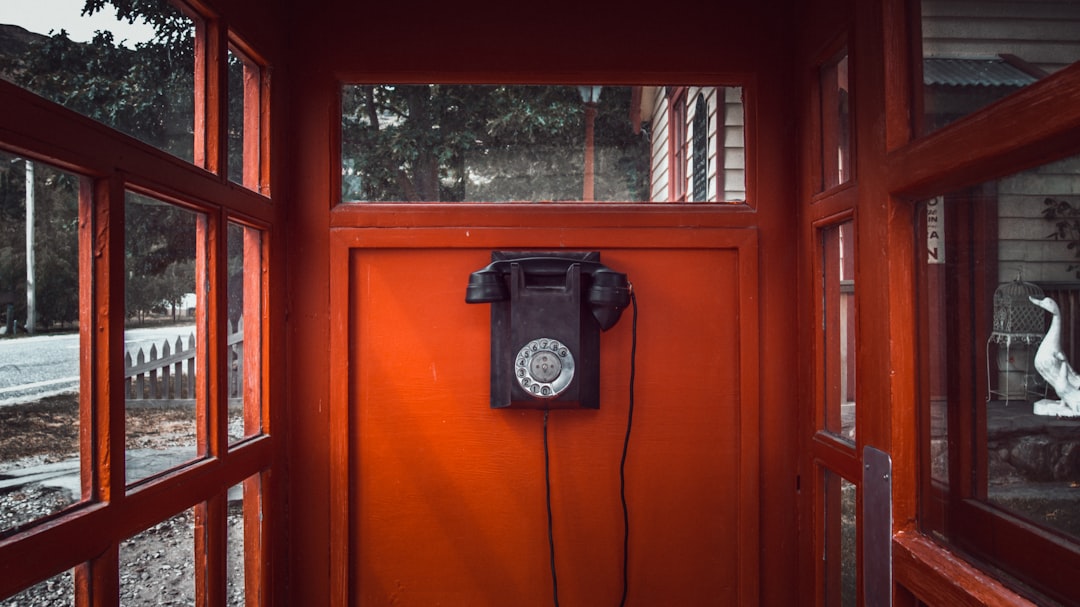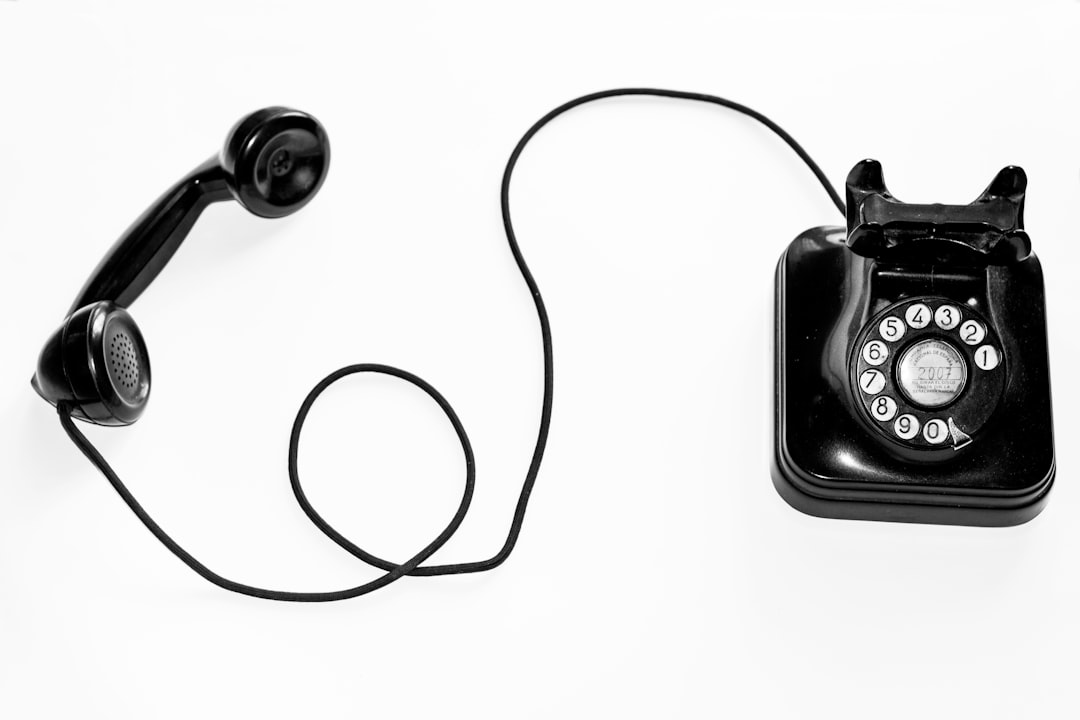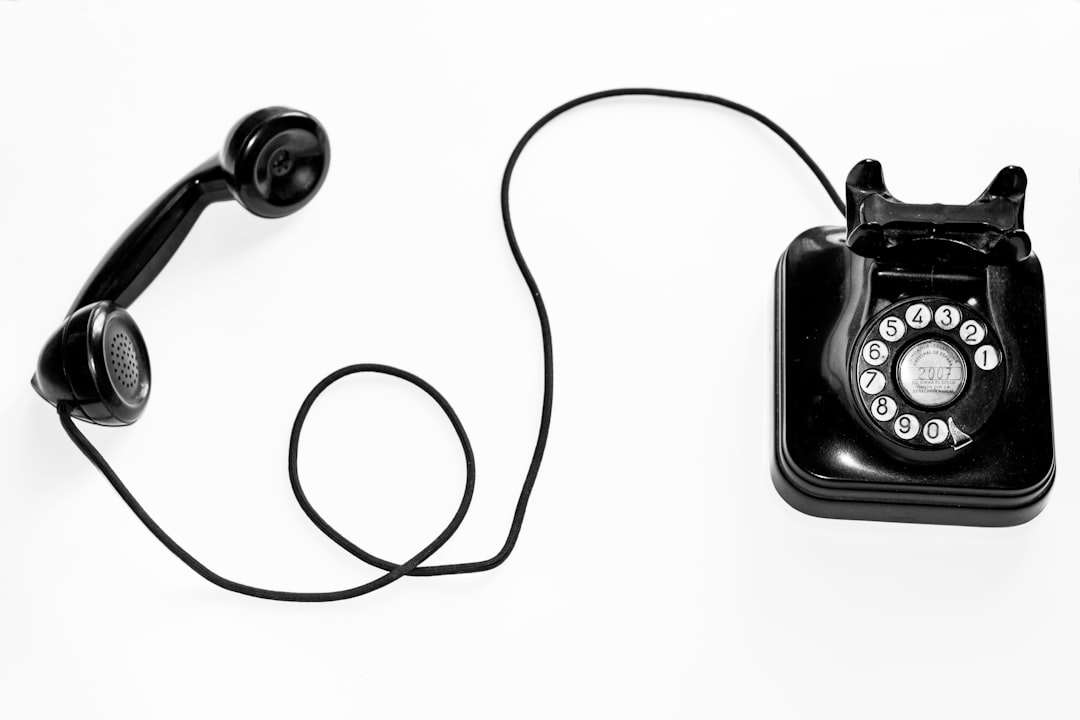Florida businesses using autodialers for marketing face strict consumer protection laws. They must obtain prior express consent from recipients and adhere to rules on call frequency and opt-out options. Autodialer lawyers in Florida assist with navigating these regulations, ensuring compliance, minimizing complaints, and avoiding legal penalties related to the Telephone Consumer Protection Act (TCPA).
In the digital age, Florida businesses must navigate complex regulations surrounding autodialers, or automatic telephone dialing systems. This comprehensive guide provides a detailed look at Florida’s autodialer laws, offering crucial insights for compliance. From understanding permissible uses to securing consumer consent and managing opt-outs, we explore best practices. Additionally, we delve into common pitfalls and enforcement actions, backed by expertise from top autodialer lawyers in Florida. Stay informed to ensure your business adheres to these essential regulations.
Understanding Florida's Autodialer Laws
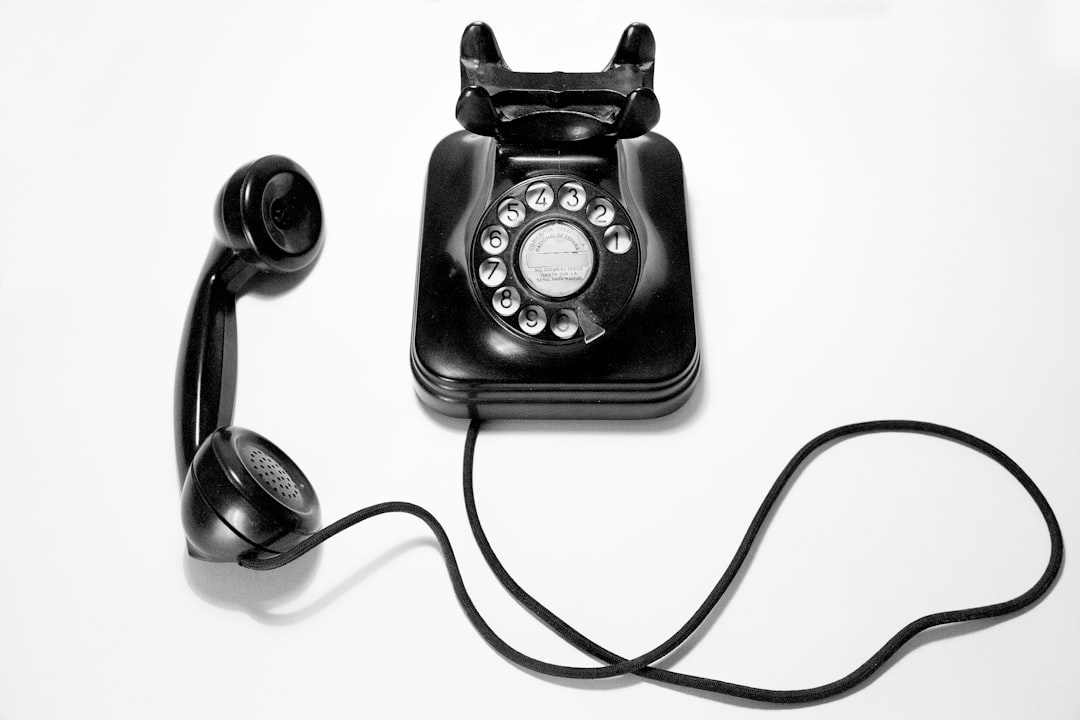
Florida businesses, especially those engaged in telemarketing or automated calls, must adhere to strict regulations set forth by state laws regarding the use of autodialers. These laws are designed to protect consumers from unsolicited and unwanted phone calls, ensuring fair practices in marketing efforts. Understanding these regulations is crucial for any business looking to avoid legal pitfalls and maintain customer satisfaction.
Autodialer lawyers in Florida play a vital role in guiding businesses through this complex landscape. They assist in interpreting the law, helping companies develop compliant autodialing systems, and offering strategies to minimize consumer complaints. With the ever-evolving nature of telemarketing technology, staying informed about these laws is essential for businesses to remain competitive and avoid potential penalties.
When Is an Autodialer Permissible?
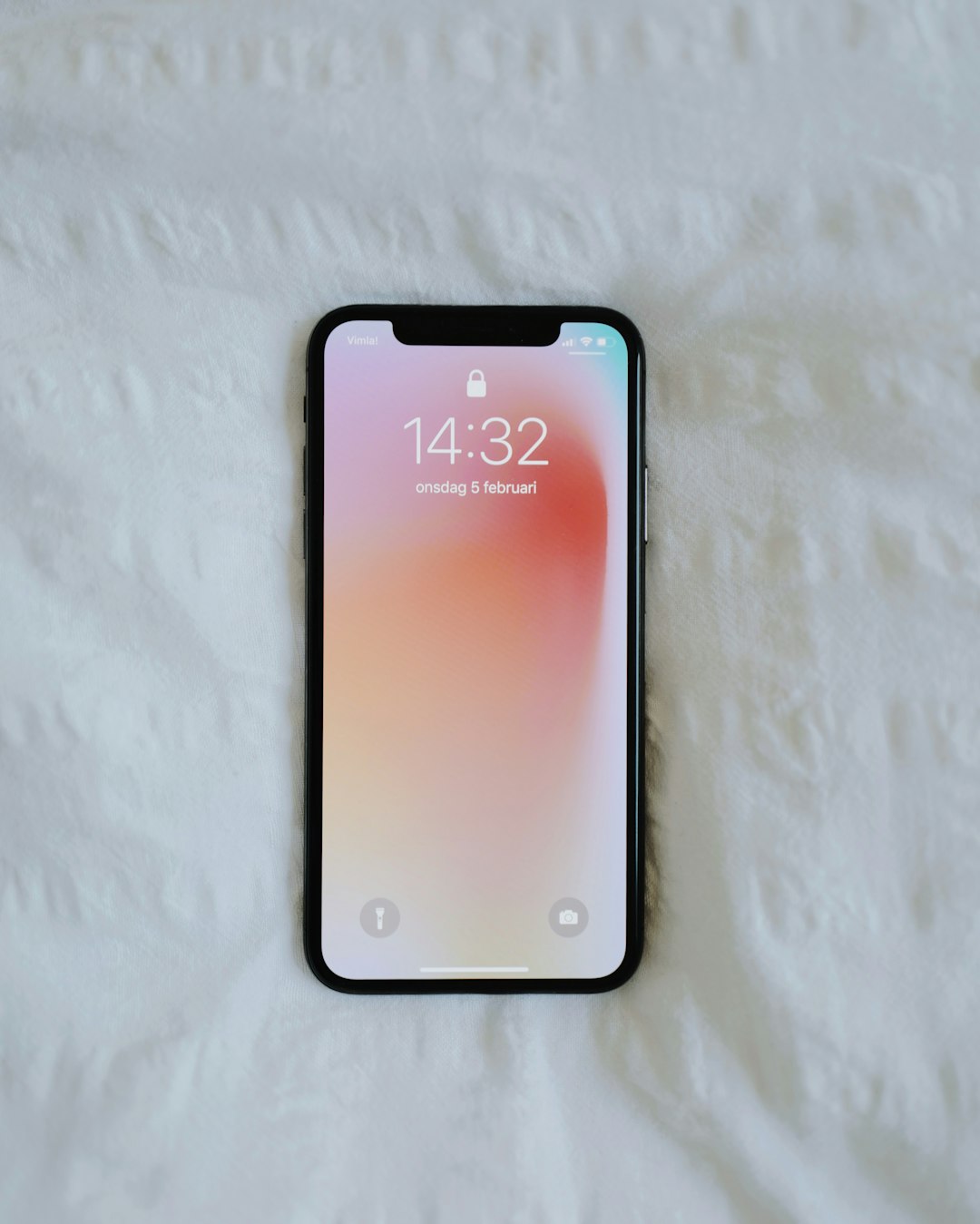
In Florida, the use of an autodialer—a technology that automatically dials telephone numbers—is governed by specific regulations to protect consumers from unwanted calls. Generally, businesses can use autodialers for marketing purposes if they obtain prior express consent from the called party. This consent must be clearly and unambiguously given, often through a signed form or a verbal agreement during a face-to-face interaction.
Additionally, Florida law permits autodialers under certain conditions related to emergency notifications, debt collection, and calls made with the consumer’s permission or for specific business purposes like health care services. Businesses should consult with autodialer lawyers in Florida to ensure compliance with these regulations, which include restrictions on the frequency of calls, the time of day when calls may be made, and requirements for opt-out mechanisms.
Consumer Consent and Opt-Out Requirements
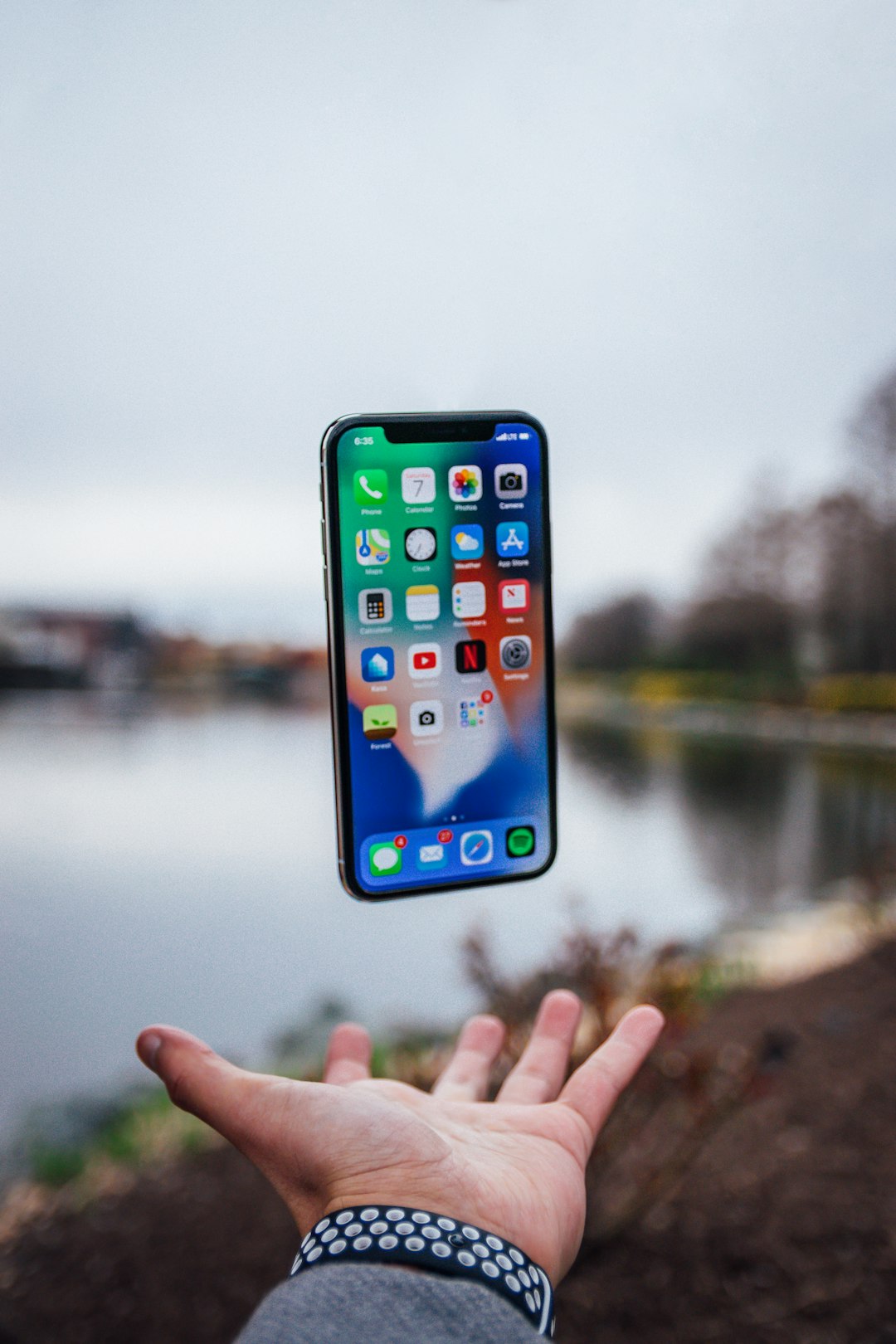
In Florida, consumer consent is a critical aspect of autodialer compliance. Businesses utilizing automated dialing systems must obtain explicit permission from individuals before initiating any automated calls. This typically involves securing written or verbal consent, ensuring consumers understand when and how their contact information will be used. It’s crucial to document this consent process meticulously to safeguard against potential legal issues.
Additionally, Florida law mandates that consumers have the right to opt-out of receiving automated calls at any time. Businesses must provide a clear and convenient mechanism for individuals to revoke their consent, often through an “opt-out” or “stop calling” request. Auto dialer lawyers in Florida can guide businesses on implementing these requirements effectively, ensuring compliance and minimizing risks associated with consumer privacy violations.
Best Practices for Compliance
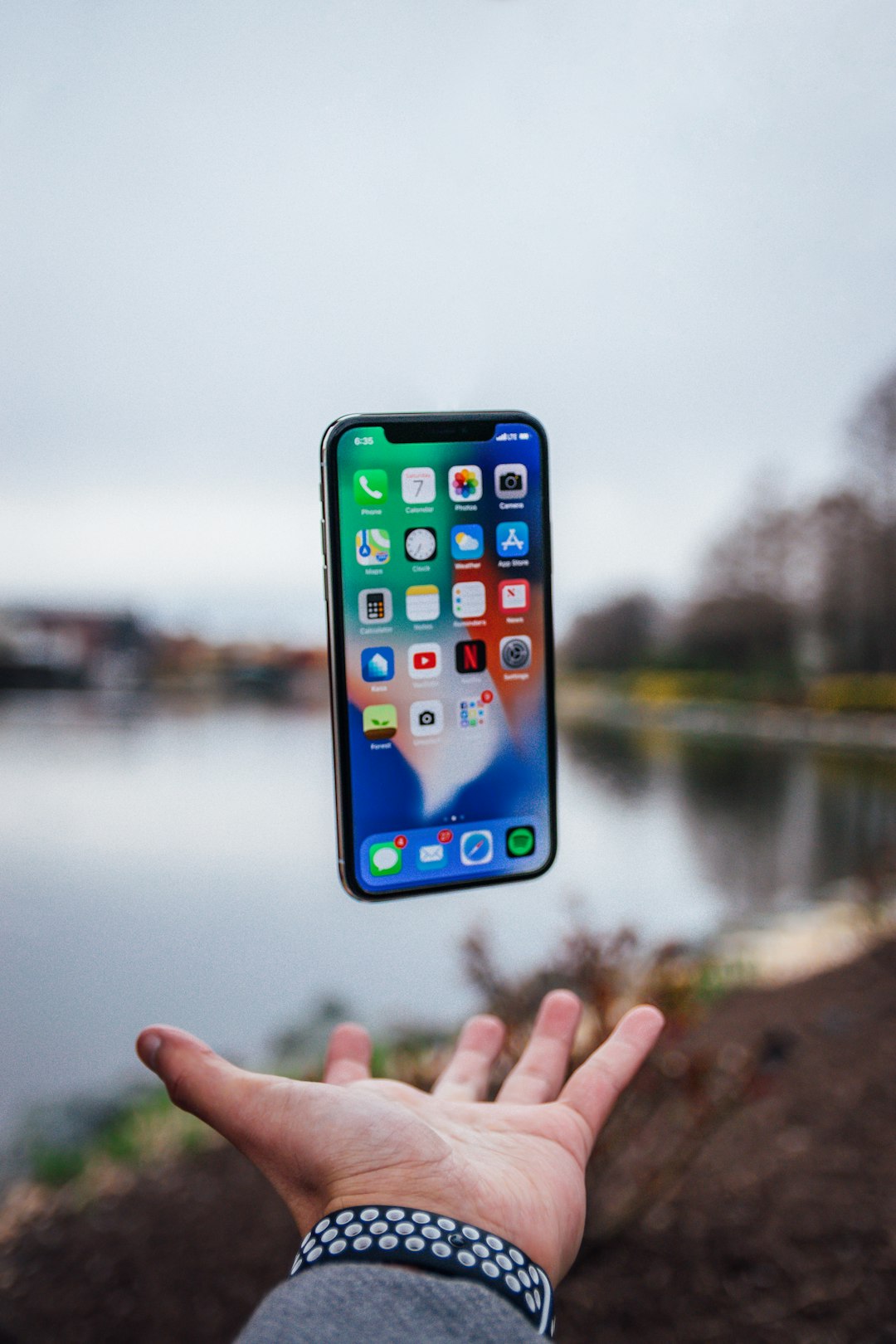
Ensuring compliance with autodialer regulations is non-negotiable for Florida businesses aiming to avoid legal pitfalls and maintain customer trust. A key component of this involves staying informed about the latest laws and guidelines, specifically those issued by the Florida Attorney General’s Office regarding telemarketing practices. Engaging the services of experienced autodialer lawyers in Florida can significantly facilitate this process. These professionals can provide tailored advice, ensuring your business adheres to all relevant rules, such as obtaining proper consent for automated calls and respecting consumer opt-out requests.
Best practices for compliance go beyond legal adherence. Implementing robust internal procedures, including regular staff training on autodialer usage, is essential. This involves clearly defining call criteria, obtaining express written consent from recipients (where required by law), and maintaining detailed records of consumer interactions. Additionally, Florida businesses should be prepared to respond promptly to consumer complaints related to autodialer activity, demonstrating a commitment to ethical and responsible marketing practices.
Common Pitfalls and Enforcement Actions

Many businesses in Florida, eager to leverage autodialers for marketing purposes, often encounter regulatory hurdles and legal pitfalls. Without proper guidance from autodialer lawyers Florida, companies may inadvertently violate the Telephone Consumer Protection Act (TCPA), leading to costly enforcement actions and damage to their reputation.
Common mistakes include insufficient consent documentation, improper use of automated calls for marketing purposes, and failure to implement do-not-call requests effectively. Enforcement agencies, such as the Federal Communications Commission (FCC), take these violations seriously, imposing substantial fines on violators. Businesses should prioritize compliance to avoid legal complications and maintain customer trust by ensuring their autodialer practices are ethical and in line with Florida’s stringent consumer protection laws.


